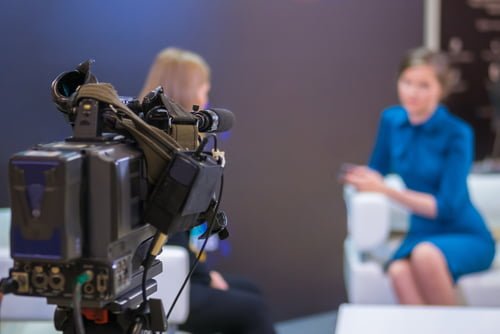What are soundbites?
How to create a successful media soundbite.
We're talking about soundbites. What are they? Well, you hear them in news headlines on TV, in radio news bulletins, and in news reports. They're short, punchy snippets of speech that really grab your attention and capture the essence of an idea or story in a memorable way. Soundbites are brief, and they're often funny.
Now, politicians and public figures try to use them to get a key message understood. The skill really in soundbites is that they often encapsulate complex ideas in a simple yet appealing manner. So, in short, soundbites are very cool. They oil, let's face it, what can sometimes be the dreary wheels of news. Was that a soundbite?
When to use sound bites
Anyway, now you're probably thinking, "Yeah, I want to use soundbites when I appear in the media," and my advice to you is, "Whoa, hold your horses."
I would class soundbites as quite an advanced skill. If you are new to appearing on TV, radio, or podcasts, I want you to completely forget about soundbites for the time being.
Why? Because your focus should be on delivering a competent, clear, and coherent interview with some facts, some opinions, and some examples, not just focusing on preparing one really cool soundbite.
The other reason I would say not to spend a lot of time on soundbites is this: Quite often, a soundbite will just pop out of your mouth during an interview. Some people naturally speak in soundbites and others don't.
Journalists have a lot of practice in spotting them and editing them into their reports. What you think is a great soundbite might not actually be what they're after.
More media training guides and podcasts

Mastering profile interviews in the media

Media appearances, the unwritten rules

Public apologies, how to say sorry in the media and mean it

Why off-the-record journalism is riskier than you think
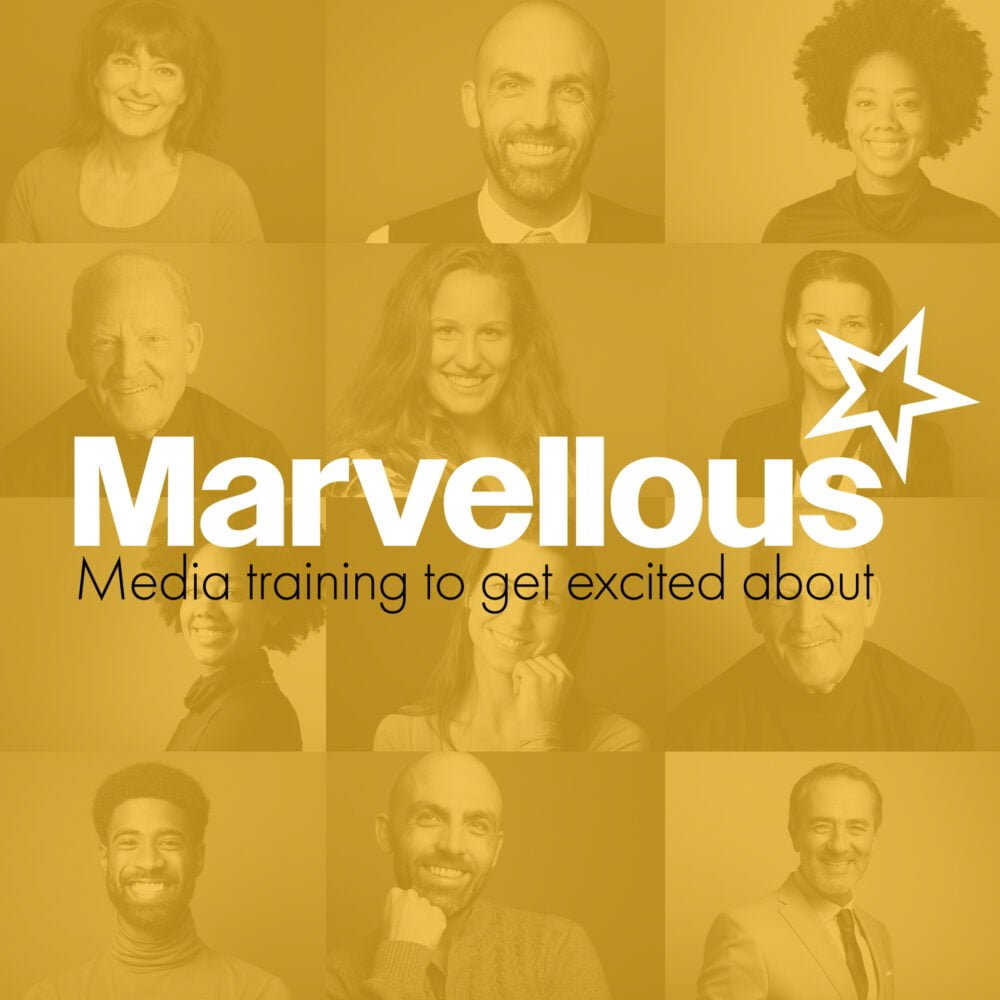
What are key messages in the media?

Give your leader feedback after a media interview

Why avoid corporate speak and office jargon in media interviews?
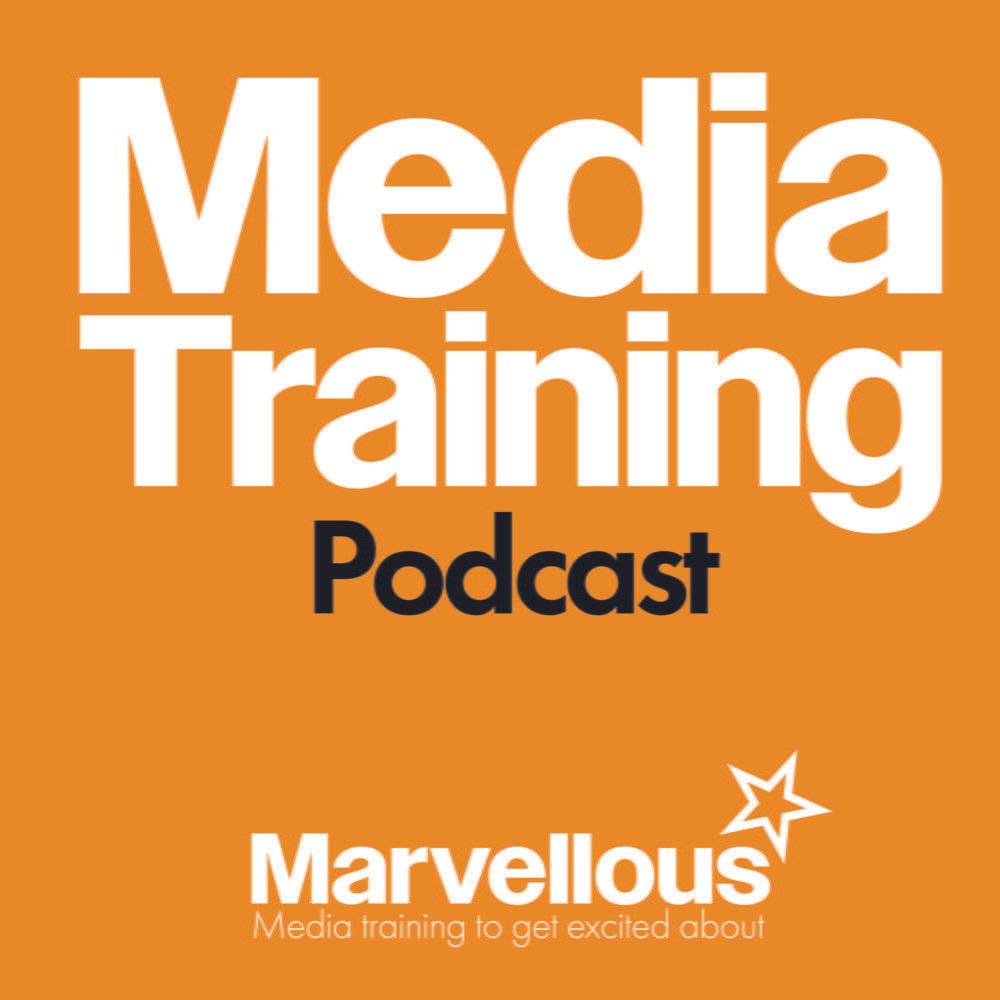
Media interview preparation checklist

How to create a founders’ origin story

How to answer hostile or negative questions from a journalist

How to be authentic in a media interview

Crisis Management: How to write a holding statement
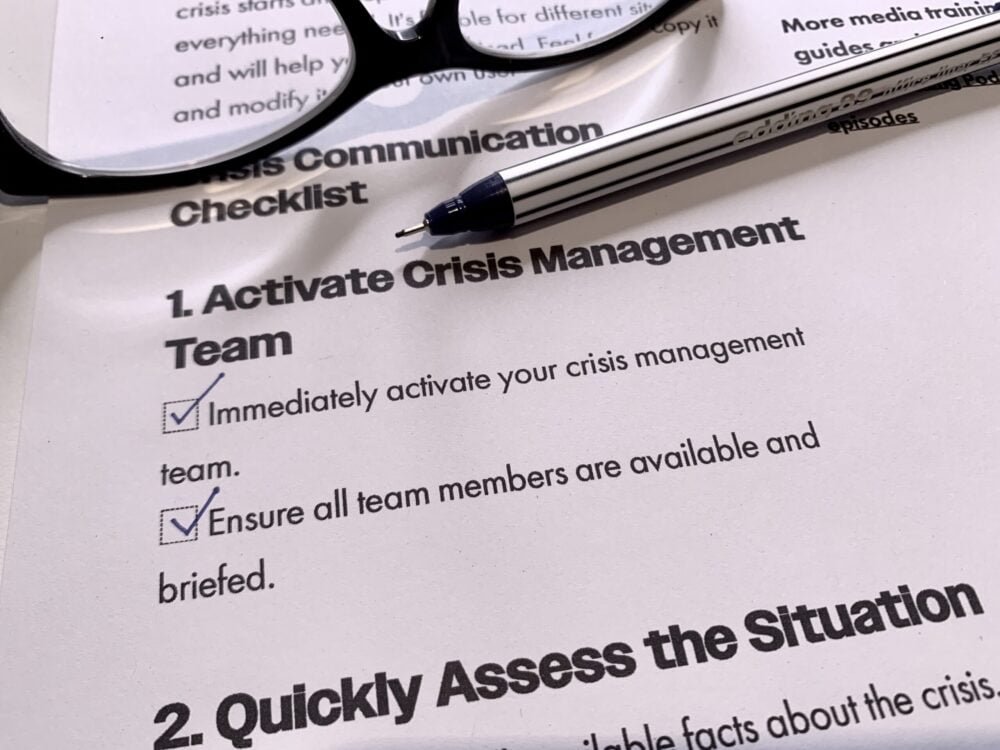
Crisis communications checklist
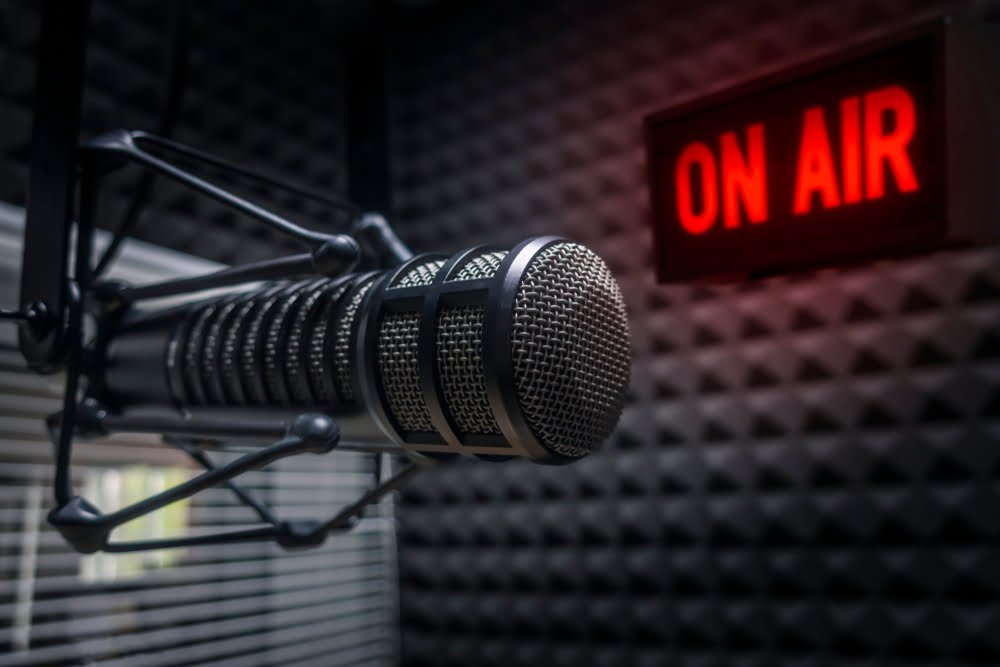
How to create a successful media soundbite
Developing soundbites naturally
Focus on the basics, and with a little confidence and experience that comes with multiple media appearances, those soundbites will come out on their own. They say you can't hurry love. Well, you just can't hurry soundbites. Was that another soundbite? OK, stop messing around.
So, my advice is: don't sit down rehearsing soundbites before an interview. The risk is you'll just sort of blurt out some semi-nonsense on air. OK, you've been warned.
What language should I use to create a great soundbite?
Having just talked you out of soundbites, let's ignore that and lift the bonnet on what makes a great soundbite. As a former broadcast journalist myself, I've spent years coaxing them out of contributors, editing them into clips for news bulletins.
But when I sat down to find a definitive explanation of how to create one, I've got to say I was stumped. You know, as a journalist, you do become tuned into them, but that's no use to you, is it? So, I did find a great summary by a media trainer in the US called Brad Phillips, which I'm going to expand on here. I'm going to pop his video in the show notes also. Thanks, Brad.
Crafting soundbites - use similes and comparisons
So, what makes a great soundbite? Number one: comparisons. Compare one thing to another. Here's a great soundbite from football manager Jose Mourinho, using the metaphor of eggs and omelettes to talk about footballers in the supermarket.
"You have eggs, class one, class two, class three, and some are more expensive than others, and some give you better omelettes."
Slightly bonkers, but he's made his point in a memorable and fun way. "Better eggs mean better omelettes," or "If you want a better team, buy better quality players."
Comparisons are great for soundbites. A little spoiler alert here: GCSE English will be swinging into action. And for listeners outside the UK, that means high school exams.
Smilies, metaphors and analogies are perfect for soundbites
Let's talk about similes, or "that thing is like the other thing." Great in soundbites. There's a famous one:
"Float like a butterfly, sting like a bee." - Mohammed Ali.
Metaphors are also great for soundbites.
"Rock bottom became the solid foundation on which I rebuilt my life." - JK Rowling.
And then there are analogies.
"The journey is the reward."
Apparently, Steve Jobs said that. Or was it just a Facebook meme? Take your pick.
Using extremes and decisive language to create soundbites.
All sorts of comparisons create great soundbites. Next up, think about using extremes in soundbites. Here's an example of an extreme from naturalist David Attenborough:
"The moment of crisis has come. We can no longer prevaricate." As I speak, Southeast Australia is on fire. Why? Because the temperatures of the earth have been increasing."
Powerful stuff. Here he really gets to the crux of the issue. He doesn't mince his words. It's a crisis. All sorts of extremes work in soundbites.
- The best
- The worst
- The biggest
- The smallest
- the fastest
- The slowest
- The strongest
- The weakest
- the tallest
- The shortest
- The brightest
- The darkest.
There are dozens of superlatives. Definitive, attention-grabbing, not wishy-washy, maybe language. When you use them in a sentence, people sit up and listen.
Decisive language in soundbites
Now, time for another soundbite. This one ended up becoming a political catchphrase. It's from the former British Prime Minister, Theresa May:
"Brexit means Brexit. The campaign was fought, the vote was held, turnout was high and the public gave their verdict. There must be no attempts to remain inside the EU, no attempts to rejoin it through the back door, and no second referendum."
Whatever your views on Brexit, that can be described as decisive language. Decisive language is ideal for soundbites that are direct, confident, show determination, and create clarity. They can build trust and encourage engagement.
Here's another great soundbite with decisive language from Malala Yousafzai, a Pakistani female education activist and Nobel Peace Prize winner:
"Let us pick up our books and our pens. They are our most powerful weapons. One child, one teacher, one book, and one pen can change the world."
What a brilliant, simple idea. Direct, assertive, and unambiguous.
So, that's my little journey down the soundbite rabbit hole. Listen out for them when you hear a great one. Maybe from a colleague or friend. Write it down, and try them for yourself in conversation. And if you have the experience and confidence to try them on air, good luck.
If the people in your organisation need some support to communicate with confidence on air, just Google 'marvellous media training UK' and get in touch. Thanks for listening.

Mastering profile interviews in the media

Media appearances, the unwritten rules

Public apologies, how to say sorry in the media and mean it

Why off-the-record journalism is riskier than you think

What are key messages in the media?

Give your leader feedback after a media interview

Why avoid corporate speak and office jargon in media interviews?

Media interview preparation checklist

How to create a founders’ origin story

How to answer hostile or negative questions from a journalist

How to be authentic in a media interview

Crisis Management: How to write a holding statement

Crisis communications checklist

How to create a successful media soundbite
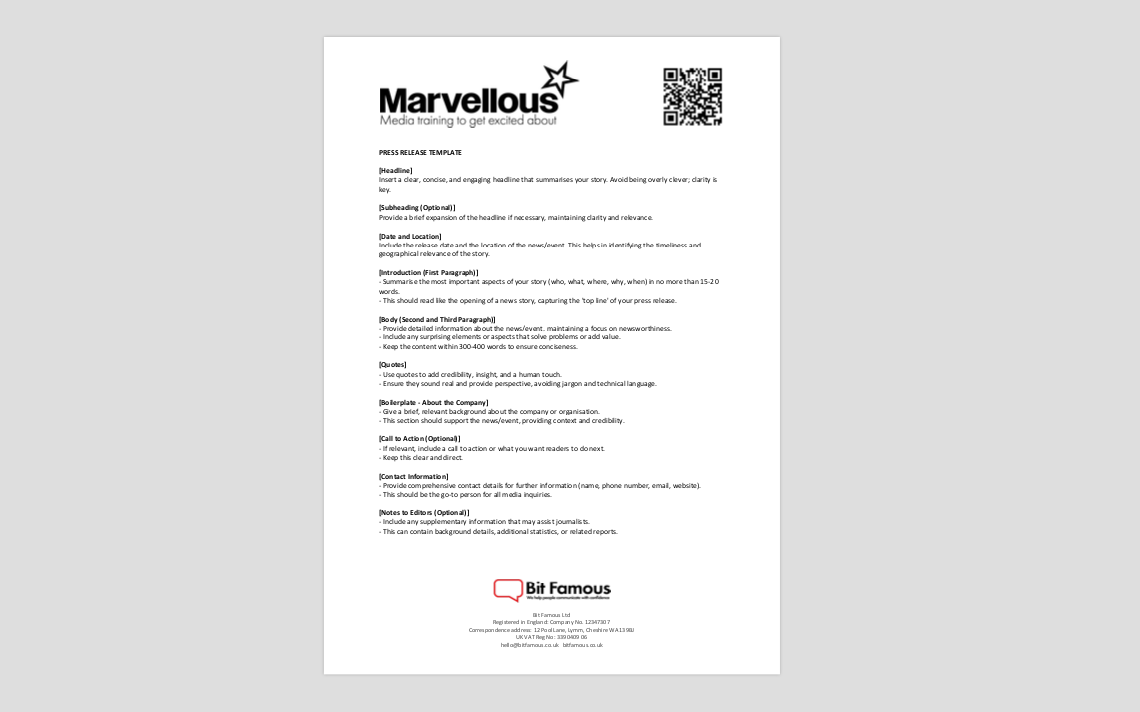
Free press release template (Word)
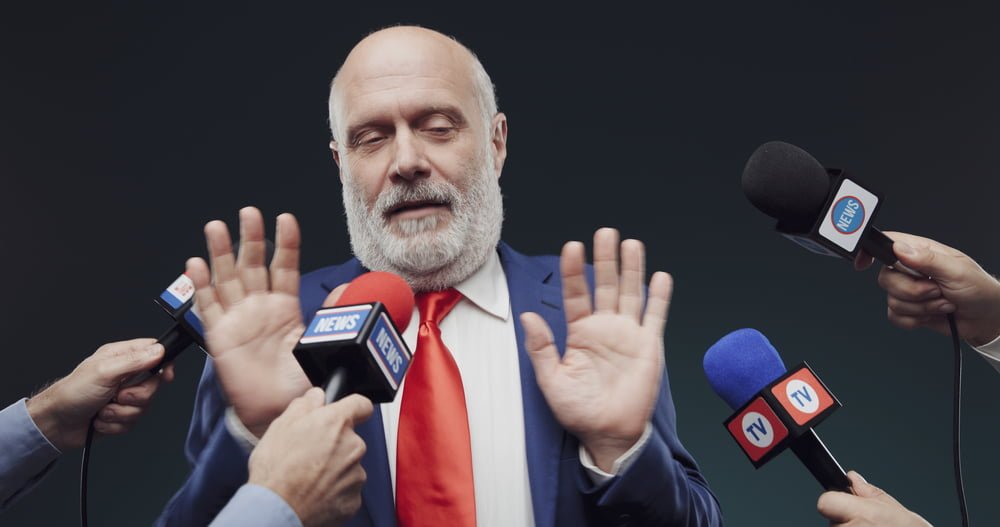
How do you handle a media question you don’t want to answer?
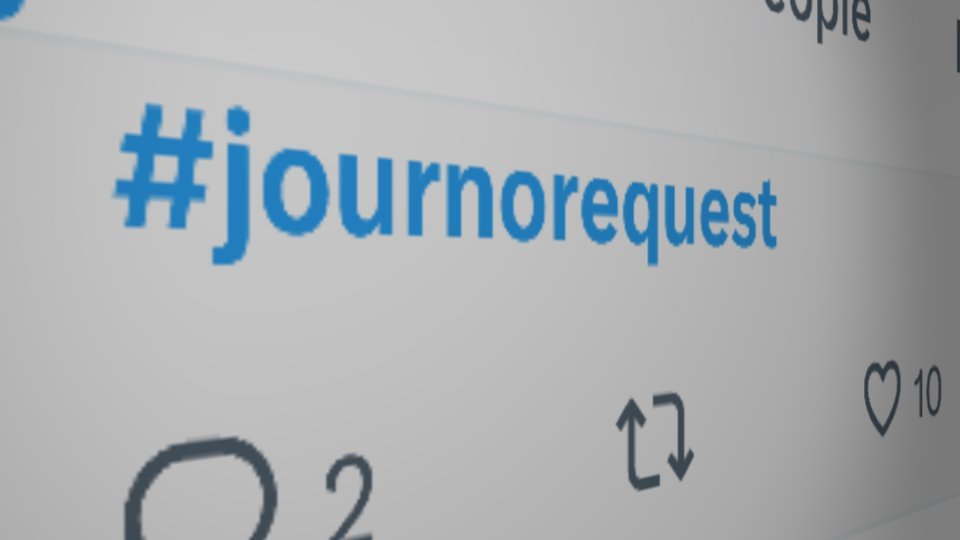
How to use #JournoRequest to get media attention for my business

How do I prepare for a TV interview online using Zoom, Teams or Skype?

How to appear on a business podcast

How to handle a difficult media interview
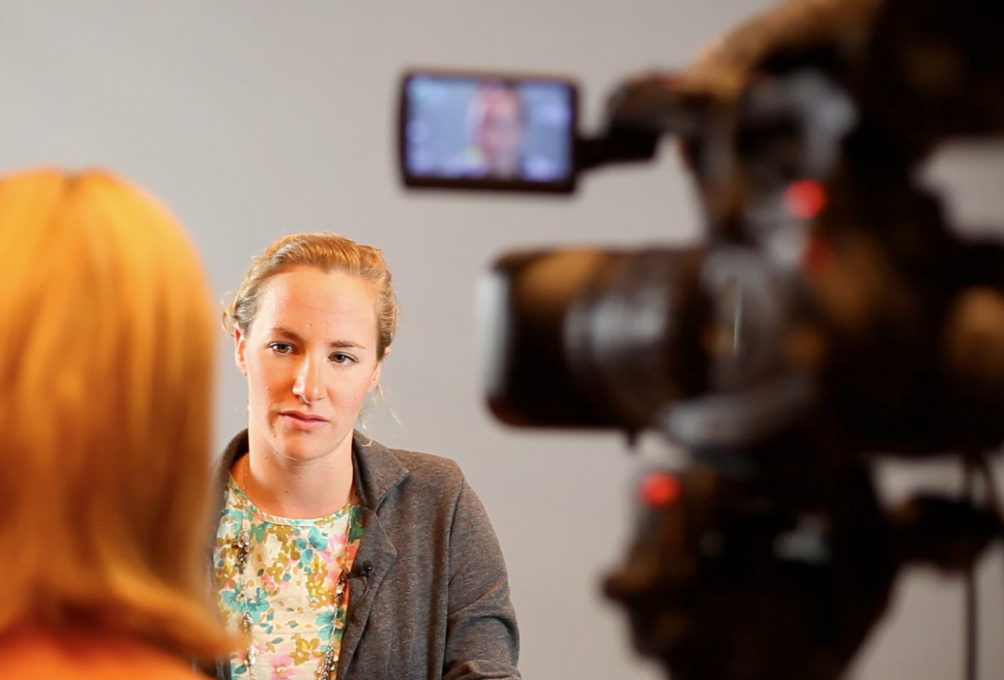
How to get featured in the media

How does the news work?
How can I develop a relationship with a journalist?

Manchester Media Training
How can I incorporate my organisation’s values or mission into a TV interview?
How can I use data or statistics effectively in a media interview?
How can I make my TV interview more engaging for the audience?
How do I research a journalist or interviewer?
How do I look good in a TV interview?

How to decline a TV interview request
Can I have the TV interview questions in advance?
What makes a good TV interview?
